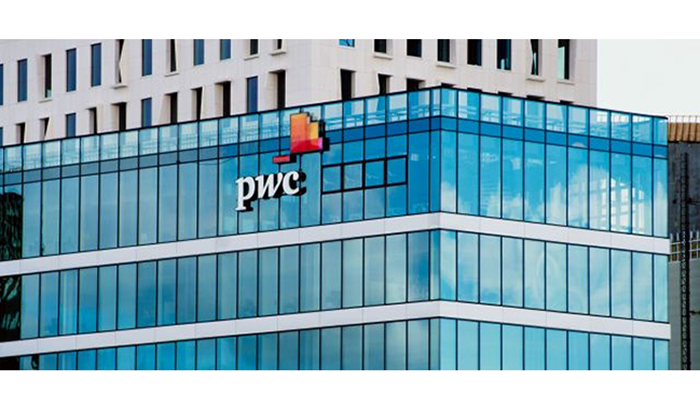Finance, finding customers, infrastructure deficit top challenges of Nigerian MSMEs – PwC Survey

SmallBusinesses in Nigeria have listed the most pressing problems impacting their operations to include obtaining finance, finding customers and infrastructure deficits. These are some of the findings from a survey of Micro, Small and Medium scale enterprises (MSMEs) in Nigeria conducted by PwC Nigeria.
The survey findings were revealed during a recent webinar hosted by the firm for MSMEs on Managing the Impact of COVID-19 and Repositioning Your Business for Growth. The report titled PwC’s MSME Survey 2020- Building to lastis the first in a series of surveys that aim to provide insights into a range of issues concerning MSMEs in Nigeria, and the challenges impacting business growth, particularly financing, taxation issues; and other factors – through the eyes of their CEOs.
The survey which was conducted prior to the COVID-19 Pandemic (between August and December 2019) sought the opinion of 1629 key decision makers in the MSME sector surveyed with annual sales turnover ranging from N5 million and above. The businesses surveyed had a geographical spread covering 29 states and across the six geopolitical zones in the country.
Presenting results of the findings EsiriAgbeyi, Partner and Lead, Private Wealth Services, PwC Nigeria noted that Obtaining finance (22%), Finding customers (16%) and Infrastructure deficits (15%) were identified by respondents as their most pressing problems. When asked what the biggest cost to their business operation is, 21% identified Electricity as being responsible for the highest cost to their daily operations. This was followed by Rent (17%) and Cost of Capital and Employee cost at 15% and 14% respectively.
EsiriAgbeyicomments:
“Access to finance, in particular credit, is a critical enabler for the growth and development of small and medium enterprises. The SME credit market, however, is notoriously characterised by market failures and imperfections. We estimate the financing gap for Nigerian MSMEs to be about N617.3 billion annually (pre-COVID-19 pandemic). More so, based on our analysis of data from the CBN annual statistical bulletin, small businesses accounted for less than 1% of total commercial banking credit in 2018.
“We also see that Electricity accounts for the biggest costs to daily operations of MSMEs. Nigeria’s power sector is overwhelmed by a myriad of challenges that have culminated in inadequate electricity supply. This has an adverse impact on the business environment in Nigeria; consequently, contributing to significant economic costs to SME and economic growth. The International Monetary Fund (IMF) states that lack of access to reliable electricity costs the Nigerian economy an estimated USD29 billion a year.”






